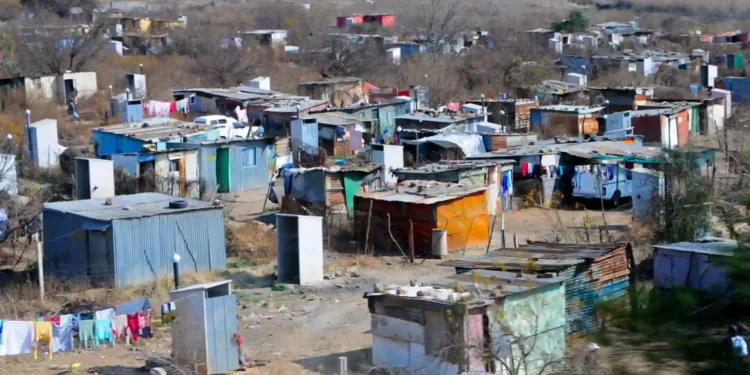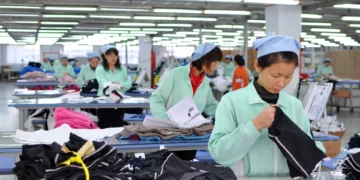Eradication of poverty remains the number one priority for developing countries but multiple crises have shaken even the political stability
The global economy is currently witnessing what could be called a ‘polycrisis’. The pandemic, the Russia-Ukraine war, tightening monetary constraints by the countries, and sky-rocketing inflation have negatively impacted the world economy, especially the developing countries. Eradication of poverty remains the number one priority for developing countries but multiple crises have shaken even the political stability. The challenges, which are also mentioned in the latest issue of the World Bank’s Global Economics Prospects reports, are a matter of serious concern and require immediate action.
According to the report, Global growth is expected to slow significantly, and the possibility of more bank turmoils and tighter monetary policies could result in weaker global growth. This could most importantly lead to financial dislocations in emerging markets and developing economies (EMDEs). By the end of 2024, the economic activity in developing countries is predicted to fall 5 percent below the levels projected during the Covid-19 pandemic. What’s worse is that in more than one-third of the poorest countries, the income per head will fall below 2019 levels in 2024 affecting the poor much more by making it difficult to their human capital.
Dissection of regions
Regardless of the bleak outlook, East Asia and the Pacific region are recovering, supported by strong activity in China following the restoration of the economy as there is a sharp decline in Covid-19 infections. According to the World Bank Global Economic Prospects, growth in Europe and Central Asia is the slowest among the six EMDE regions and the slowdown was based on the Russia-Ukraine invasion, increasing inflation, and reduced business and consumer confidence. In Latin American economies, growth slowed in 2022 from the unusually high rates in the initial post-pandemic recoveries of 2021. The slowdown extended into the second half of 2022, showing weaker external demand growth and both domestic and global monetary policy tightening.
The MENA region, on the other hand, started 2023 with solid growth momentum in oil-exporting economies because of high oil prices. This has helped these economies grow at a decade-high rate in 2022. South Asia had a rough time in 2022 from the rapid monetary policy tightening in advanced economies, the war, and the Chinese slowdown. The regional economic conditions seem to have improved so far in 2023, but the economic and financial consequences of these events remain. The sub-Saharan African region underwent many country-specific and external economic issues. Generally speaking, the reduction in global inequality seems to have been interrupted.
Causes for the stagnancy
The reasons for emerging economies to stay without improvements are many. The slowdown in the growth of world trade is one of the significant reasons. Between 1970 to 2008, World trade grew at an average rate of 5.8 percent in a year and the GDP averaged 3.3 percent. But when we look at the period between 2011 and 2021, the average growth of world trade stood at just 3.4 percent, while the gross domestic product plunged to 2.7 percent. The financial challenges faced by developing nations come mostly from the accumulation of long-term debts. The low-income countries are battling with the high-interest rates and constantly changing credit markets which creates debt difficulties.
Debt pressures on the poorest countries are not something new. The payments of interest on public debt as a share of government revenue in low-income countries have increased sharply and stayed above average among emerging markets and developing economies. Substantial debt relief is a necessity now and the interesting part is, much of that must come from China in one way or another. This issue of debt and interest rates has become a significant issue.
What could be done?
According to the World Bank reports, comprehensive action must be taken to cater to financial and macroeconomic stability. Among many low-income countries and emerging markets, the importance of boosting fiscal sustainability will call for the generation of higher revenues which helps in spending more efficiently and improves debt management practices. Recommencing international cooperation is also necessary to address other pressing issues such as climate change and poverty and provide debt relief to deserving economies.

















